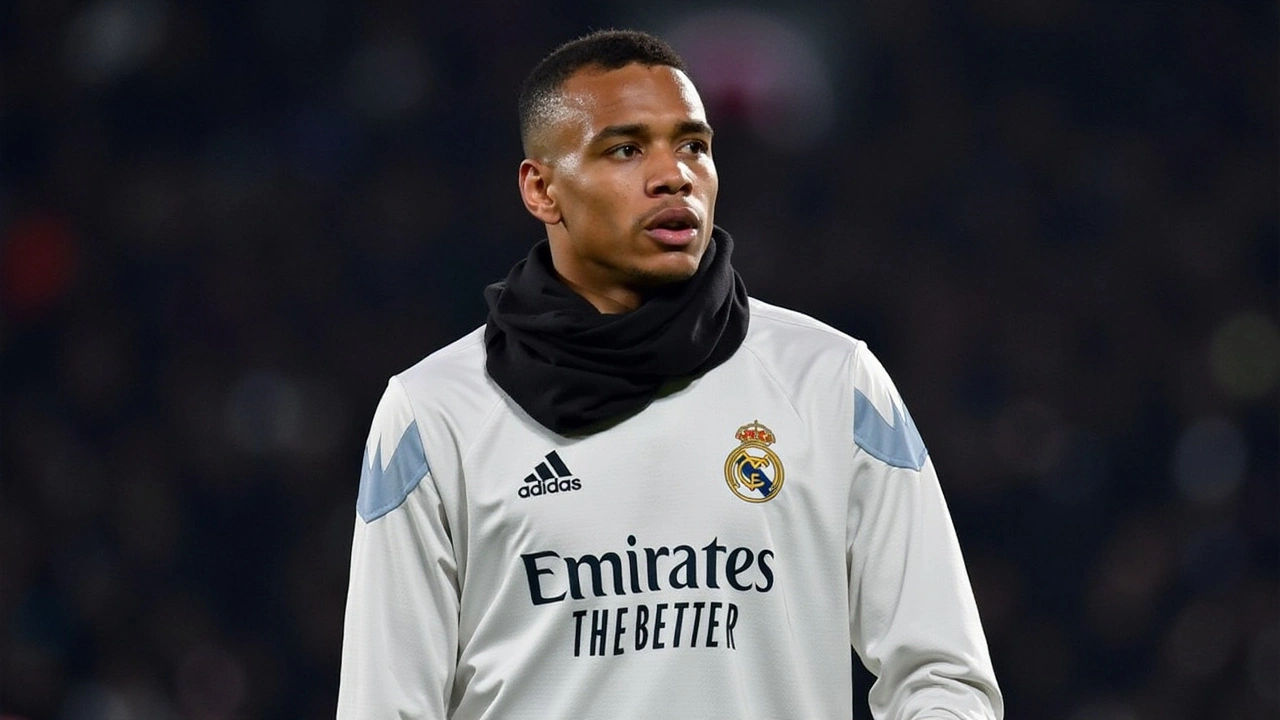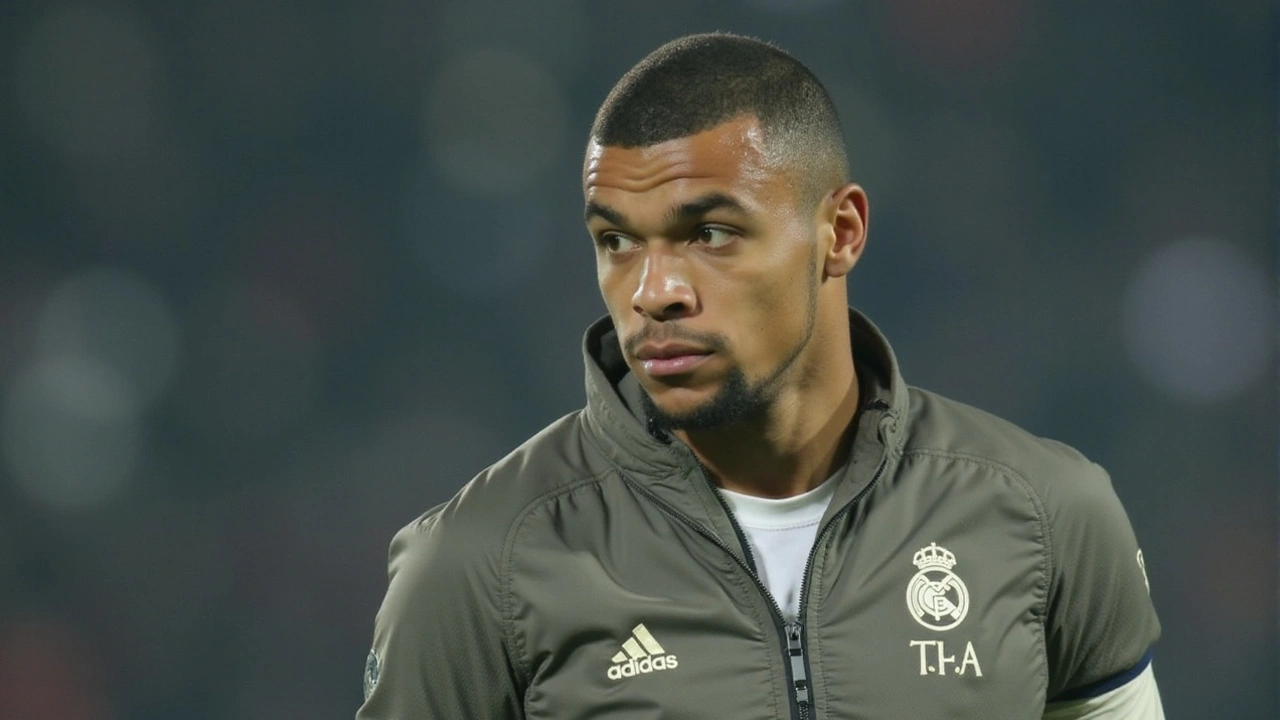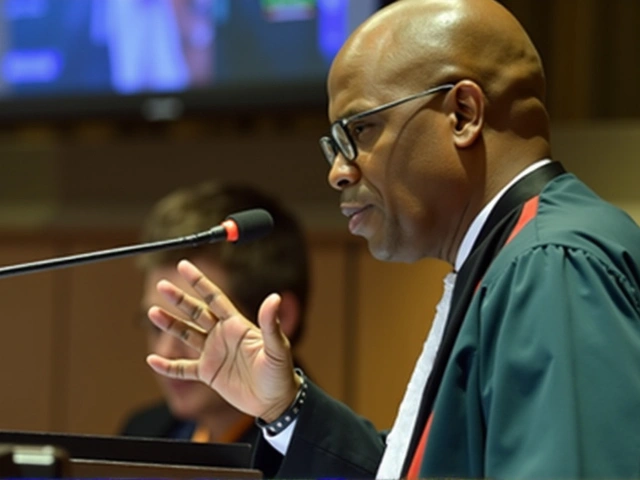Anticipation Builds for the FIFA Intercontinental Cup Final
The FIFA Intercontinental Cup final is set to be a spectacular showdown between Spanish giants Real Madrid and Mexico's proud club, Pachuca. Scheduled for December 18, 2024, at the grand Lusail Stadium in Qatar, the match promises to be a nail-biting climax to the season. The stakes are profoundly high, considering both clubs' aspirations and historical ambitions. For Real Madrid, this represents an opportunity to cement their status as the most successful club in the tournament's history. With a win, they could clinch their fourth title. Meanwhile, Pachuca is not merely satisfied with reaching the final; they are hungry for their maiden triumph in this prestigious competition.
The Kylian Mbappe Factor
In an unexpected turn of events, Real Madrid's star forward, Kylian Mbappe, has made a sensational recovery just in time for the final. Initially, Mbappe's appearance was uncertain after he suffered a painful thigh injury during a recent Champions League match against Atalanta. However, modern medicine and perhaps his sheer determination have seen him bounce back much quicker than anticipated. Participating fully in Monday's training sessions, Mbappe was subsequently named in the starting lineup by the club's experienced coach, Carlo Ancelotti. Ancelotti, known for his cautious optimism, emphasized that complete recovery was paramount, stating that Mbappe would only play if there was no absolute risk of aggravating the injury.
Carlo Ancelotti's Quest for Glory
Carlo Ancelotti's career as Real Madrid's coach has been nothing short of legendary. As the Italian maestro stands on the brink of tying for the most titles won by a Real Madrid coach, the final carries personal significance. With a win, Ancelotti would match Madrid's legendary coach Miguel Muñoz's record of 15 trophies, further solidifying his place in the club's storied history. Watching Ancelotti's tenure with the club, fans and analysts have lauded his ability to revitalize and sustain high performance within a team comprising a mix of experienced campaigners and promising young talents.
Pachuca's Remarkable Journey
Unlike Real Madrid, who entered the final directly as the UEFA Champions League winners, Pachuca made it through a tough preliminary path. The Mexican squad exhibited tenacity and skill, defeating intimidating opponents such as Botafogo and Al Ahly. Their journey wasn't just about robust defense—they've dazzled with quick counterattacks and cohesive team dynamics. To be on the brink of making history by winning their first Intercontinental Cup is a testament to the hard work and strategic prowess of the team and their management. Pachuca's manager, a strategist in his own right, has crafted a team that doesn't fear the flashy star power of opponents and believes in their chances.

The Changing Landscape of Club Competitions
This final is set against a backdrop of significant changes in the global football landscape, notably FIFA's expansion of the Club World Cup. With a new format and 32 teams set to compete in 2025, this expansion signals an evolving era of club tournaments. Many see it as an opportunity for more clubs worldwide to showcase their skills on the grand stage, while others warn of an already congested calendar. Real Madrid, accustomed to playing on the world's biggest stages, seems prepared to embrace these changes and continue leading from the front.
As fans eagerly await the showdown, tensions are high, and the excitement is palpable. The final between Real Madrid and Pachuca isn't just a battle for a trophy—it's a celebration of football's global village, where clubs from different continents compete for the title of the world's best. This final promises to be not just a historic contest of skill and strategy but also a dazzling display of football's enduring magic and mass appeal.






Mbappe’s return is the kind of cinematic twist football deserves. No hype, no drama-just pure, clinical recovery. The man didn’t just show up; he showed up ready to dismantle defenses like they’re paper walls. And Ancelotti? He didn’t even blink. That’s leadership.
The professionalism displayed by Real Madrid's medical and coaching staff in facilitating Mbappe's timely return is exemplary. It reflects a holistic approach to athlete welfare, wherein performance and long-term health are not mutually exclusive. This is the standard all elite clubs should aspire to emulate.
MBAPPE IS BACK 😭🔥 PACHUCA GOT NO CHANCE 😭⚽️ THIS IS GOING TO BE EPIC 🤯 WE LOVE YOU REAL MADRID 💙❤️
Pachuca’s run has been underrated honestly they’ve played with heart and structure not just luck and the fact they beat Al Ahly means they can handle pressure maybe they pull off the upset nobody expects but hey football is beautiful like that
So Mbappe’s back. Great. Now we get to watch the same 3 players do everything while the rest of the squad pretends to run. Meanwhile Pachuca’s entire team is actually playing like a team. The irony is delicious.
Pachuca didn’t just get lucky-they earned every step. From Mexico to Qatar, they brought grit, speed, and soul. This isn’t David vs Goliath. This is heart vs legacy. And honestly? I’m rooting for the underdog. Football’s soul is still alive in places like Pachuca.
Pachuca’s journey is what football is all about 🌍❤️ No billionaire owners, no global brand-but pure passion. They’re not just playing for a trophy, they’re playing for every kid in a dusty Mexican town dreaming big. Let’s make this final unforgettable 💪⚽️